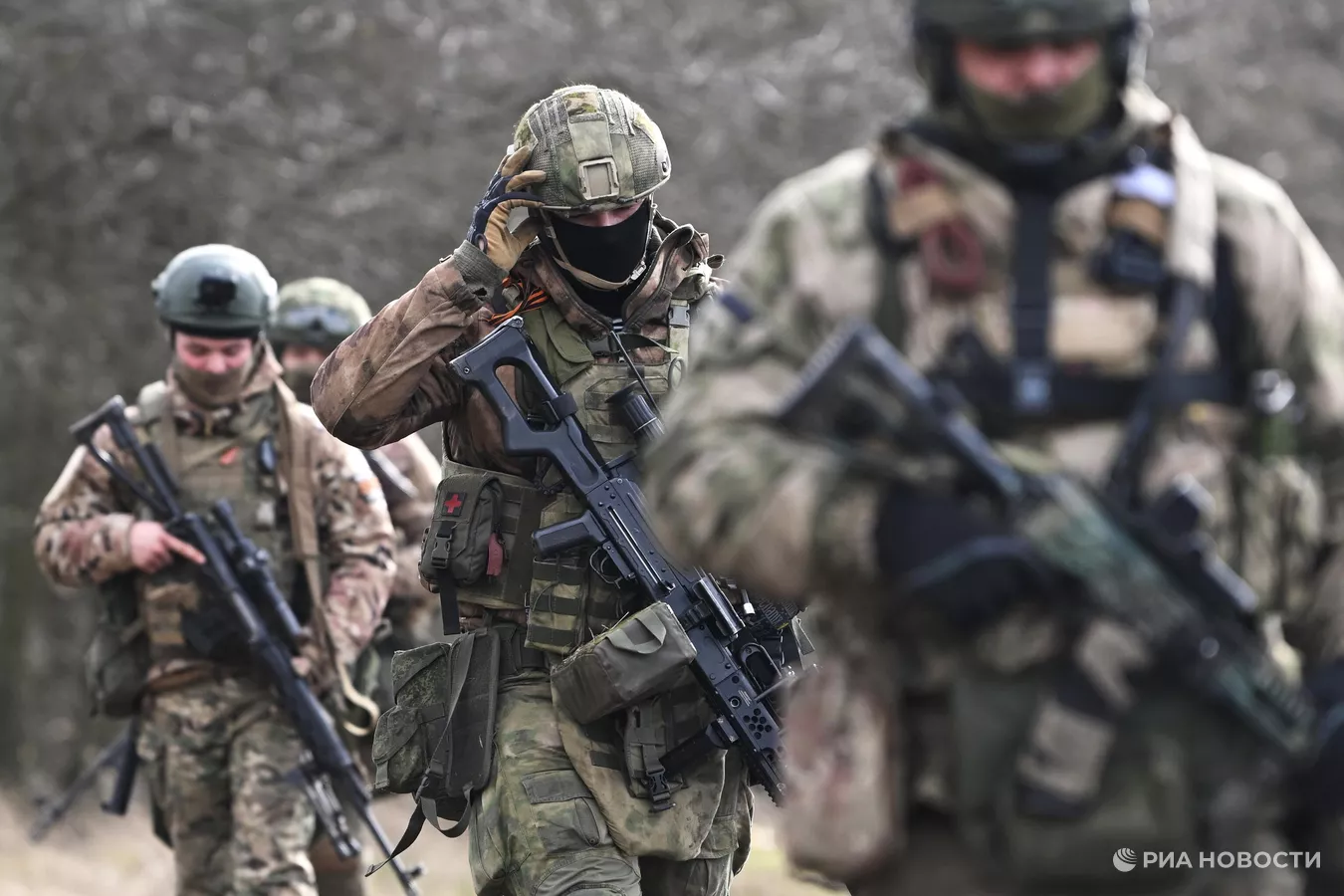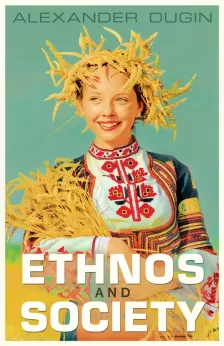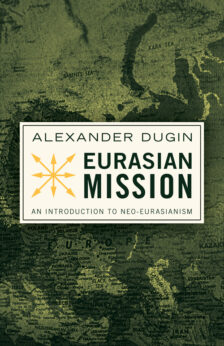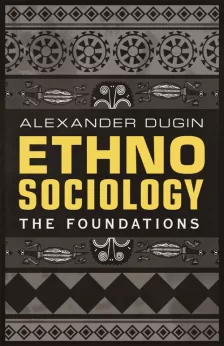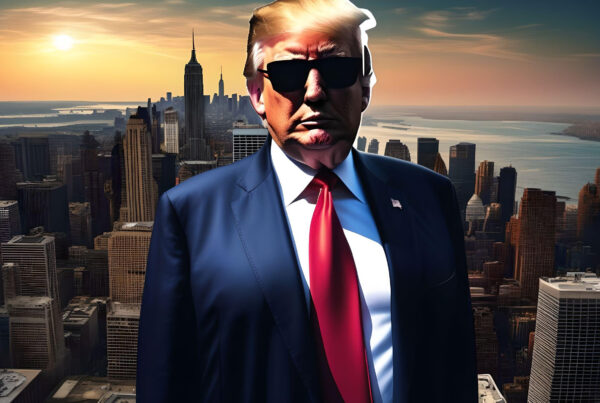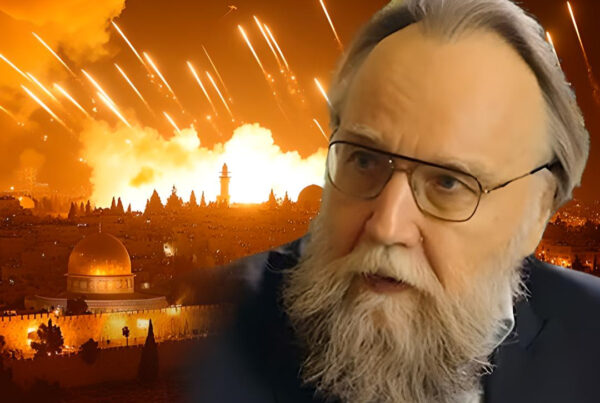One for all — to which country will our heroes return?
Everyone understands that on the fronts of the Special Military Operation (SMO), a new elite of Russia is being forged. This is the estate of bravery (Hegel), which is to reboot the state. It is clear that the war heroes at the front are already divided into future strata: pure warriors, commanders, inventors, creators, strategists, economists. Among them is also the forming estate of ideologists. A bright symbol of theirs was Vladlen Tatarsky; many today rally around the front-line philosopher Korobov-Latyncev. There, a philosophy of war is taking shape. In essence, a new institution of philosophy is being born on the fronts of the SMO, as it should be (and not a gathering of blue-eyed traitors). Understanding the metaphysical aspects of our sacred Russian war and fighting for the ideals of universal light allow us to justly and responsibly identify a place for everyone in a renewed society. This society views its people as an army, embodying both spirit and body. It is crucial to initiate this process from the highest levels and to validate courage and honour through the ultimate sacrifice of death. This creates the most authentic hierarchy, where pretence and deceit have no place. In war, the essence of existence comes to the forefront, revealing the true nature of being.
Victory is achieved only by reorganising the army on an existential basis. It is not something technical. Victory is always and above all a victory of the spirit.
Everything will be futile if we do not achieve victory on the home front. A new philosophy for the home front is essential. When our heroes return from the front, they will find themselves in a different society than expected. This change is inevitable, but those in charge of the home front have a crucial mission: to transform the attitudes of society so it can welcome the new elite. The general population will likely not pose a major issue. However, it is imperative for the government to recognise that the nation’s destiny hinges on the society that greets the victorious Russian soldiers. Clearly, the state must evolve; it cannot remain as it was or as it currently is. It must become something entirely new.
This vision calls for the creation of a new type of Russian state, one that is rejuvenated, exalted, and just. The foundation for this state must be laid now, starting with reforms in education, science, and culture. These sectors must be quickly aligned and synchronised with the spirit of the sacred war that Russia is conducting against the West. The purpose of this war needs to be understood by everyone, both those fighting and those on the home front. Any confusion or doubt could have disastrous consequences.
When soldiers return from war, whether they are wounded or not, it is essential that society welcomes them with the respect they deserve. They have confronted death directly and have no tolerance for glaring injustice, corruption, stupidity, rudeness, or cynicism related to the causes for which they fought. As fighters and heroes, they demand respect not just for themselves and their fellow soldiers but for the nation, its history, the state, religious beliefs, and core values. Consequently, they will only commit to building and developing a state that truly reflects these principles.
Families who have lost loved ones in the war, whose sacrifices are irreversible, must be able to live in a world where the memories of the deceased are revered. In such a world, the ideals for which their lives were given must be central, serving as the ultimate goal, a moral imperative that guides society.
The Soviet Union likely collapsed due to its involvement in Afghanistan, not just because of the defeat itself, but because the returning heroes found themselves in a society that was indifferent to their sacrifices. The values and ideals they fought for had lost their appeal and inspiration. Similarly, post-World War One, Germany experienced a downfall that led to the rise of a dark force, resulting in a bloody nightmare for Europe. Consequently, it is crucial, especially right after the elections, to initiate genuine, comprehensive patriotic reforms, as preparations are already in place and many sectors have begun this process.
For decades, Russia aimed to integrate with the Western world, adopting its liberal values, practices, and technologies, which ultimately weakened Russia, especially in terms of morality, spirit, and identity. The embrace of postmodernism, technocracy, and individualism has eroded culture, science, and education. Pretending to democratise and liberalise has gradually undermined the state’s foundations, traditional values, and civilisational identity.
Continuing down this path is now seen as a betrayal, serving the interests of our enemies. It has become apparent that some influential figures were actually working against the nation’s interests. The challenge is not just about individuals but about changing the prevailing social philosophy that has allowed Western ideologies to undermine Russian unity, identity, and statehood. The last three decades have seen a shift in humanities and cultural styles towards a liberal code, which now needs to be decisively addressed and eradicated.
The mission ahead is for patriots to transform society so that it unites in pursuit of victory, ensuring that returning warriors feel their country appreciates their sacrifices. The goal is for them to proudly claim their society, government, and country. Their efforts and sacrifices must be recognised, affirming that they, as part of the people, are the embodiment of a victorious nation.
